It seems that Britain’s -and perhaps the world’s – oldest cuckoo is back.
According to Wikipedia, the oldest recorded cuckoo for Britain is just under 7 years old. At this point, you should hear inside your head the kind of quiz show klaxon favoured by QI or Family Fortunes. Because Colin is back.
Who?
Colin. The cuckoo.
Colin is perhaps Britain’s most famous cuckoo. Every summer for what is believed to be nine years, the bird has appeared at Thursley Common, in Surrey, to sign his famous song, find love, and gobble down handfuls of live mealworms provided by a growing regiment of fans. Because Colin is far – very far- from being camera-shy. Colin is so used to cameras that actively walks towards them, associating them strongly with food. The reason that we know Colin is the Colin is this behaviour, and some unique markings in the iris of his eye – a small black fleck and an area of greyness, which show up clearly in photos.
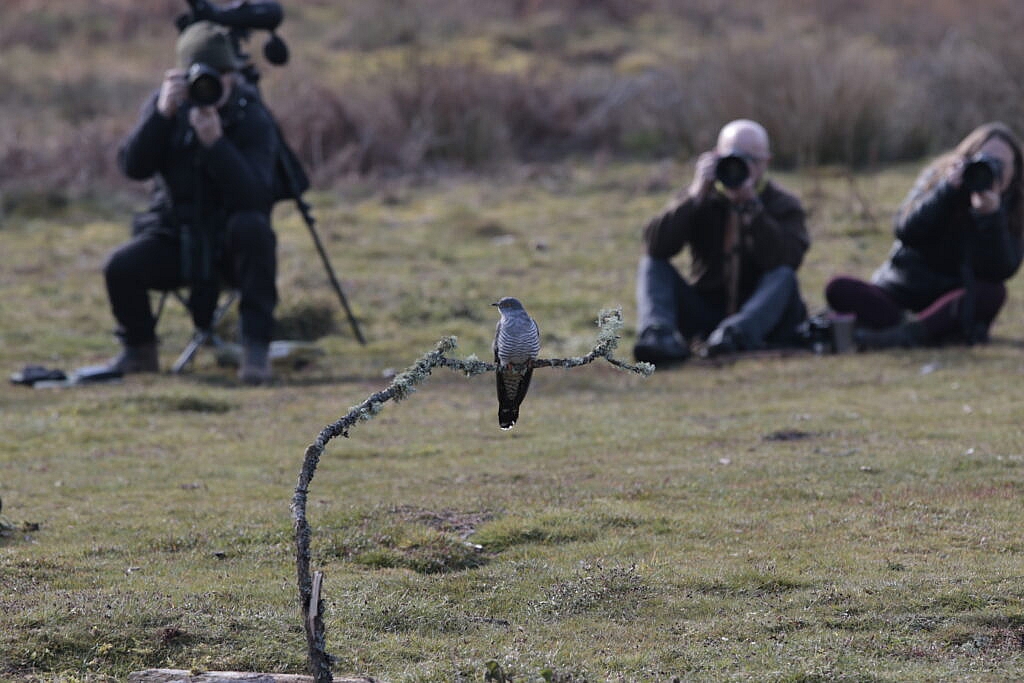
Colin is a completely wild bird. And like all cuckoos, Colin is a migratory bird. Indeed, that famous call is a mating call, and so only heard here, in the UK. Colin will spend the rest of his time in equatorial Africa, in places like the Central African Republic, Niger and the Congo. He migrates here for the summer, to eat our insects, pose for our photographers, and make little cuckoos. Nobody knows if he has ever fathered any offspring, but it’s reasonable to assume that at his exceptional age, Colin is doing well at keeping the cuckoo as a species going. Which is just as well, because many of Britain’s cuckoo have not managed to – the species, although classed on the worldwide IUCN index of species as ‘least concern’ (i.e. not declining as dramatically as some) on a worldwide basis, the cuckoo is not doing well in Britain, with populations down some 65% since the 1980s. But you don’t need me to tell you that, because how many of us have actually heard a cuckoo in recent years?
The reason for the cuckoo’s decline aren’t well understood. They are very fond of hairy moth caterpillars, and it may be that Britain’s ‘insect apocalypse’, the dramatic decline in our insect species caused mainly by farming practices, is a factor. That has also had a knock-on effect on the numbers of the cuckoos parasite brood hosts, and in particular its two preferred ones, the meadow pipit and dunnock, whose frenetic efforts to feed the cuckoo’s chicks are made harder by the lack of suitable prey.
At 7,600 or so miles per round trip, if Colin truly is the age that many suspect, in his lifetime he will have flown some 68,000 miles, or more than 2.5 times around the world. And that’s at age that would probably translate out to a hundred and ten in human years. Imagine if your nonagenarian grandfather declared he was going to walk the entire equator… twice! It’s amazing, isn’t it, what some will do for love?
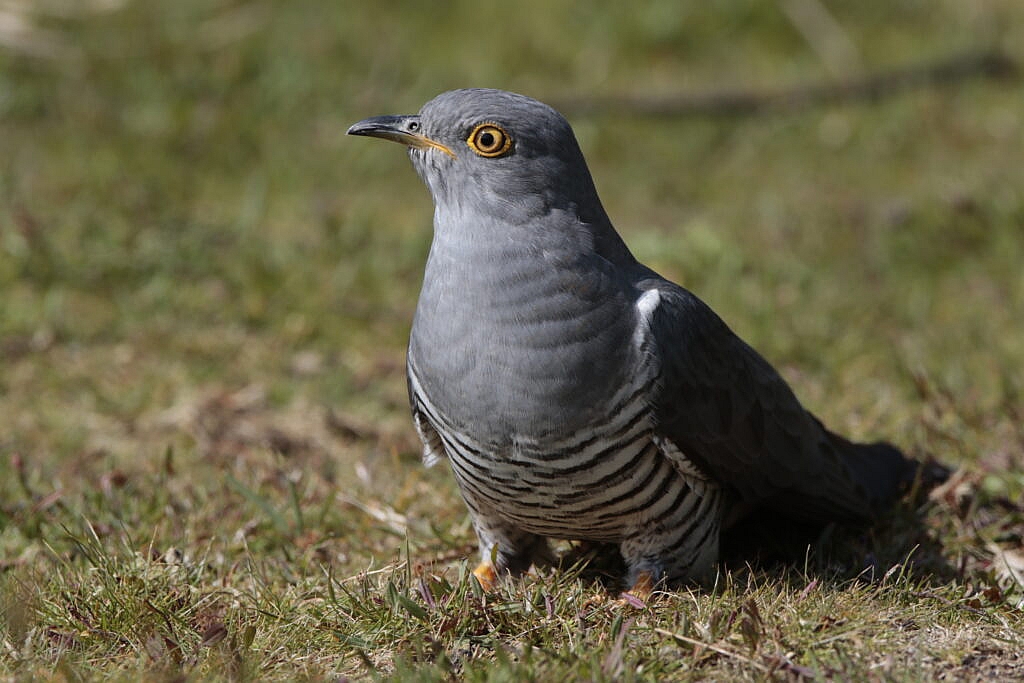
So the next time you hear a cuckoo, think of it not just as a harbinger of Spring, but as what it is, the end of a truly epic journey. And if you’re anywhere near Thursley, go and see Colin while you can. Just remember to take some mealworms. The guy’s a supermodel, for goodness’ sake. He doesn’t work for free.


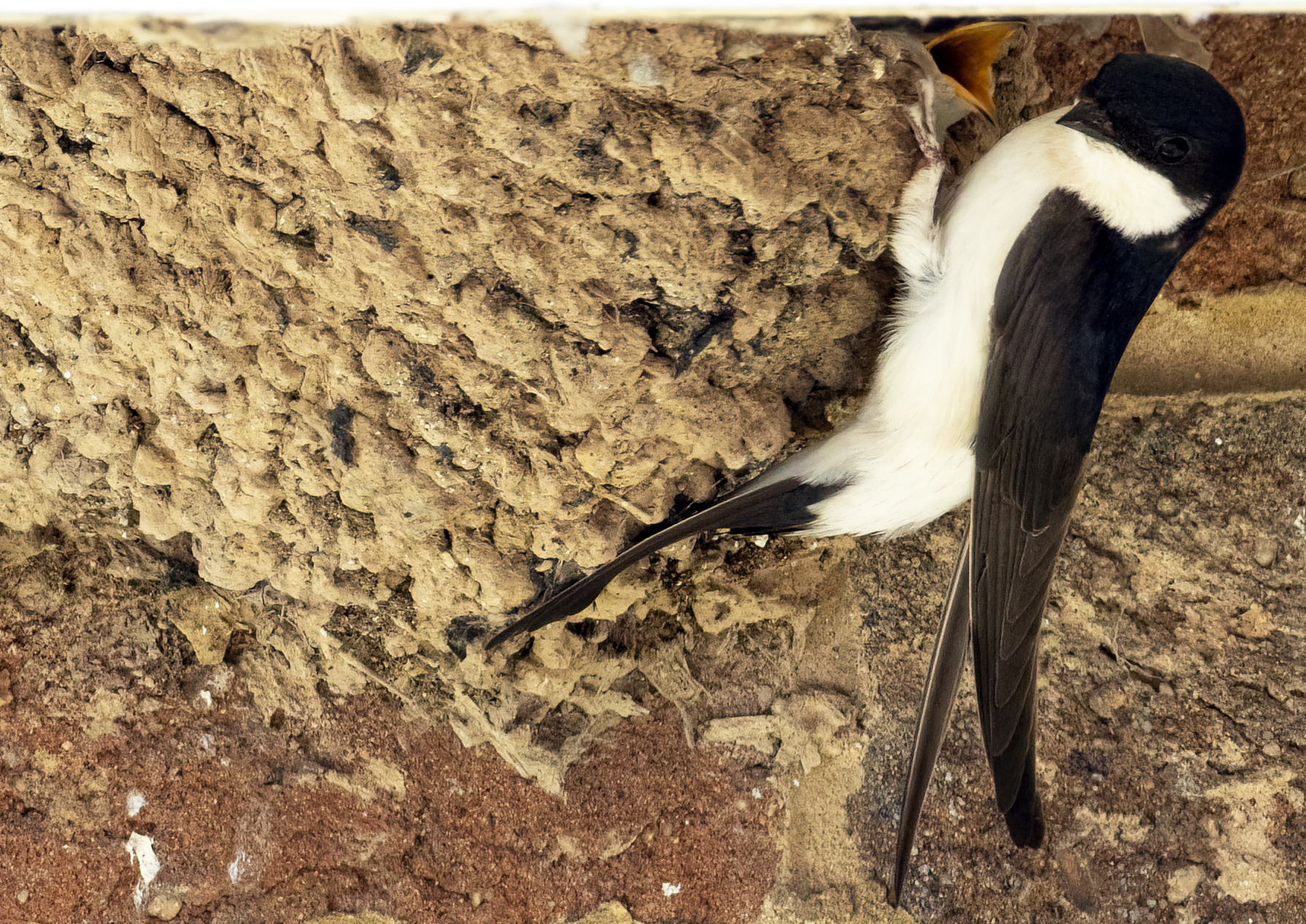
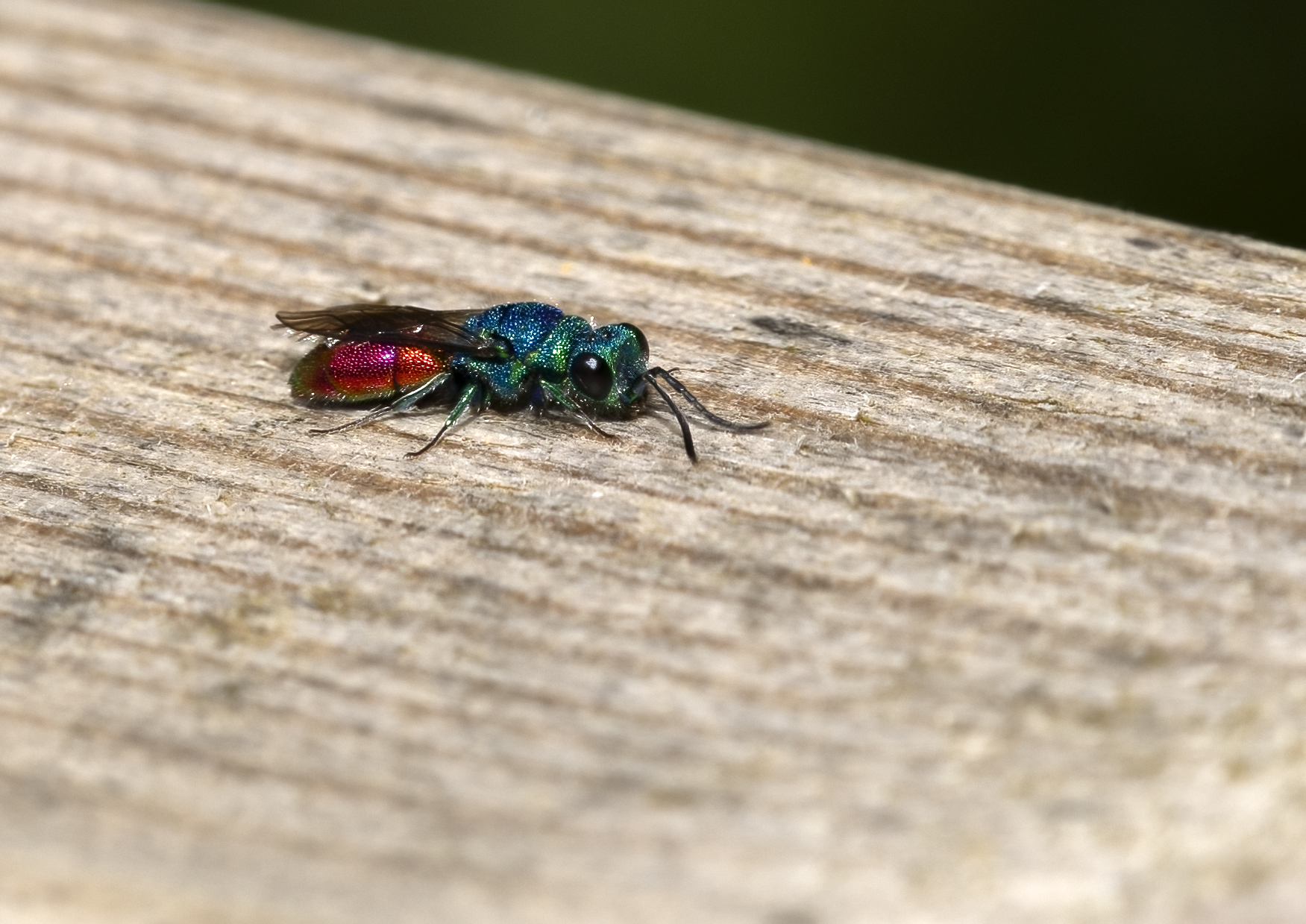
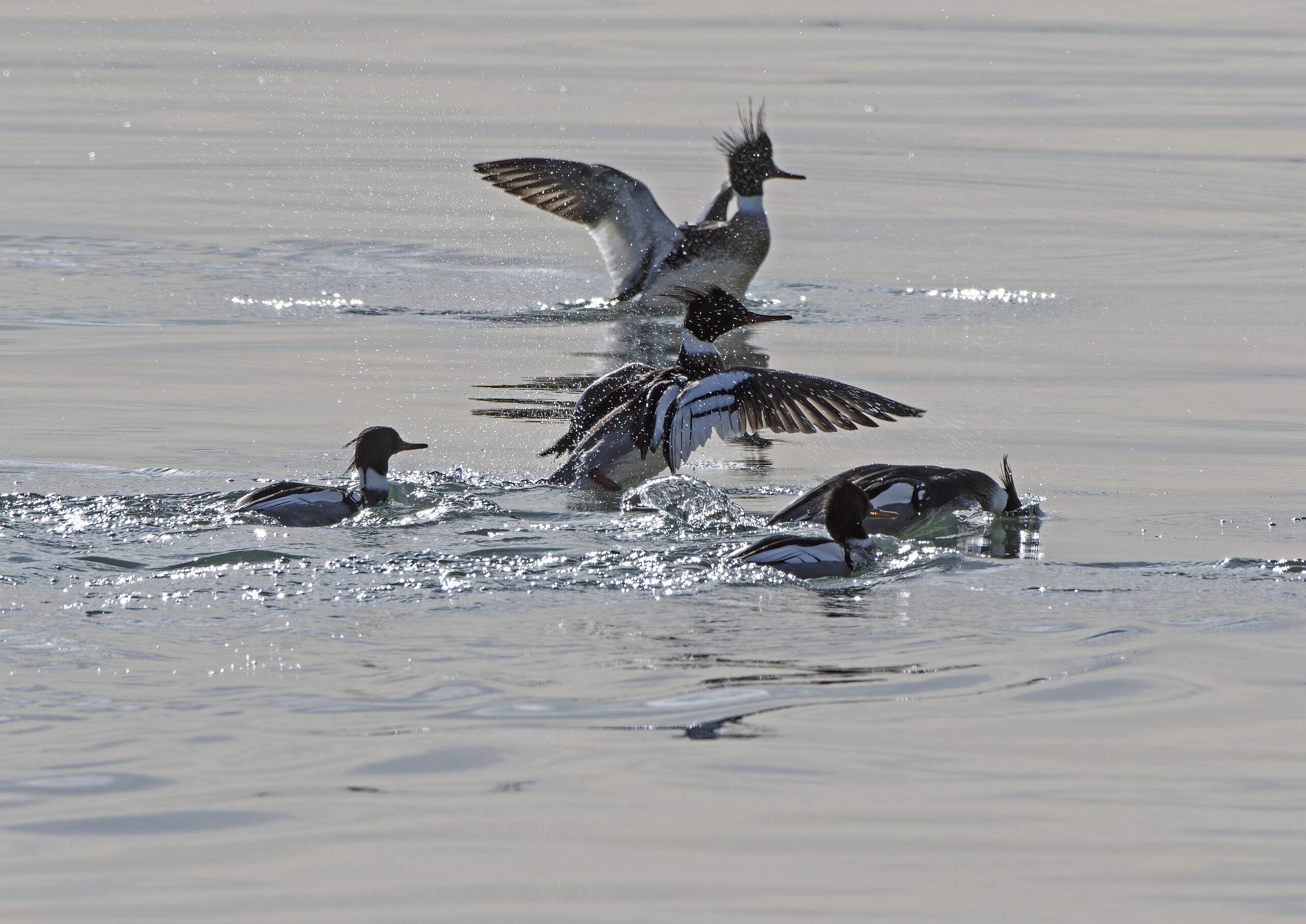



Social Profiles